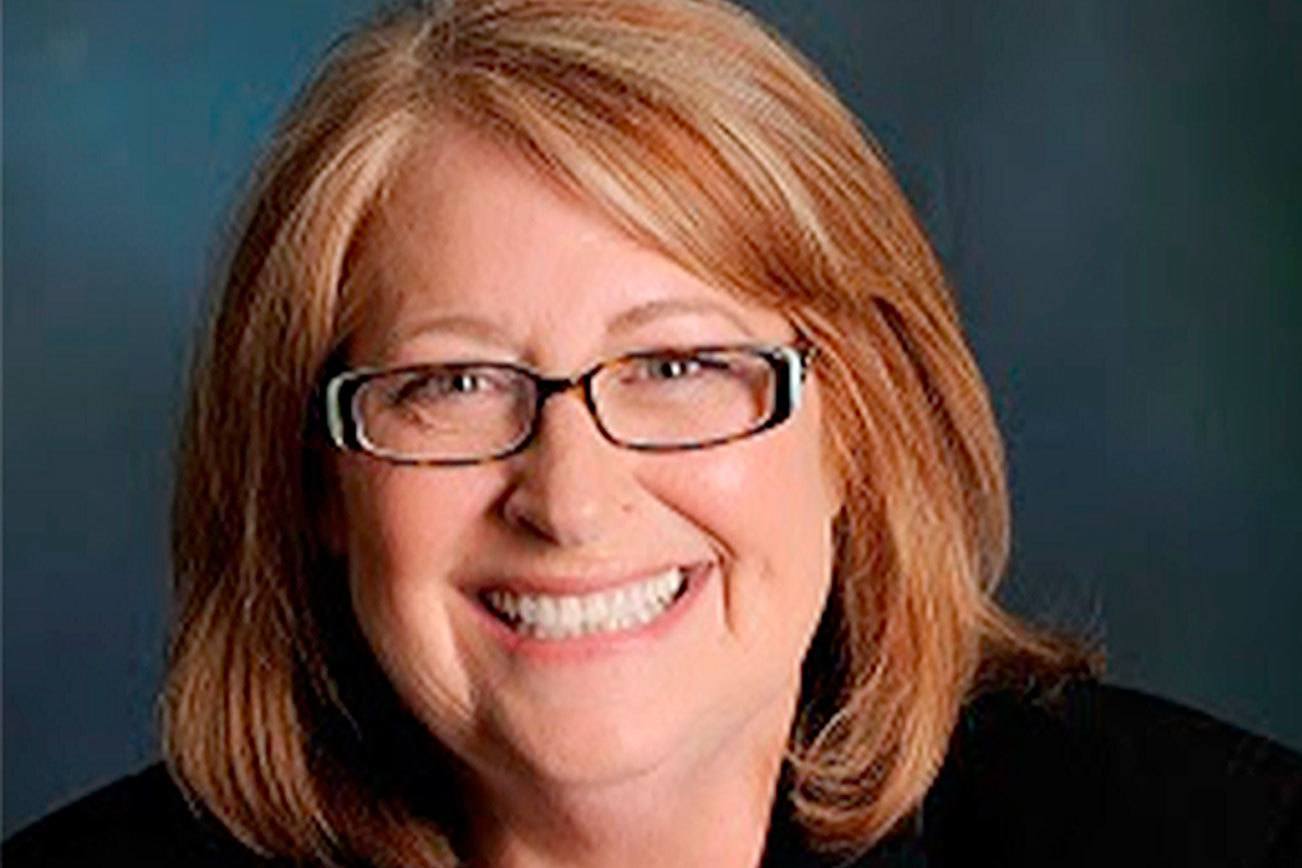The Arlington City Council has approved a budget that authorizes spending for two years.
It was a collaborative effort that resulted in a balanced budget. The 2017–2018 budget was built on a conservative framework and includes resources to strengthen internal controls, continue economic development, promote public safety programs and improve infrastructure that will balance providing opportunities for growth while preserving the culture of our community.
The budget costs in 2017 are $52 million and $46 million in 2018. The expenditures for 2017 include significant grant revenues that we are able to leverage with city funds to complete major infrastructure work in transportation and utilities. Capital spending in 2017 is projected to be $13 million and $7 million in 2018.
Of the total budget, the general fund is $15 million, and 56 percent of that is for public safety; 8 percent on services from facilities, parks and streets; 8 percent on debt obligations; 6 percent on community and economic development; and the remainder on executive, administration, legal, human resources, IT and finance.
Regarding public safety, the city is committed to meeting response-time goals and reducing crime through policing programs, which include the All In campaign, the Volunteer Program, the Pro-Act and drug detection teams and Conversations with Cops. Working together we can be more effective to find solutions to keep Arlington safe. The public safety budget is continuing to see increased costs for dispatch and public defender services and increased cost of jail services. These continued increases present challenges for meeting excellence in public service while balancing fiscal sustainability.
The city has begun conversations with Marysville and Fire District 12 to explore forming a Regional Fire Authority to find ways to provide current service levels with financial sustainability and to save costs on administrative functions to better fund rising operational costs.
Infrastructure is a means for economic development and in keeping our roads and pedestrian passages safe for travel. The budget includes an investment of $8.7 million in transportation improvements over the two years. Projects include road preservation, a comprehensive sidewalk program, and construction of a new roadway. Arlington Valley Road will connect 67th Avenue NE with 204 Street NE. The budget includes $1.7 million for improvements to two ballfields at Quake Field Park and construction of a Splash Pad at Haller Park. Much of the funding for those two projects comes from grants and donations from the Arlington Rotary Club.
About $4.2 million will be invested in utilities so that we can continue to provide essential, high-quality services to our customers and prepare for growth of our community. Projects planned include: water main replacements, upgrades to sewer lift stations, sewer line replacement and new water source development.
The airport will be making capital improvements of $3.7 million in the next two years for projects including an overlay for Runway 11/29.
The budget also reflects an investment of resources into the continuation of the city’s marketing program, Arlington Awaits. The program is designed to provide essential information to prospective businesses. The marketing program, combined with strategies outlined in America’s Best Communities, is intended to revitalize downtown, preserve our culture and create a sense of place that enhances the quality of life for our citizens. Our work in economic development is not only a catalyst for local job creation but also includes a partnership with Everett Community College to provide a highly skilled workforce.
The city also has restored its first mandatory reserve requirement of having one month of operating expenses within its ending fund balance. The biennial budget reflects that we will continue to work toward meeting our second mandatory reserve policy, which is expected to be met by 2020, four years ahead of original projections. Having adequate monetary reserves is important for flexibility in case of an economic downturn without a significant disruption in services. Financial reserves help maintain good credit ratings, and reserves are important to show that the City is fiscally responsible in the management of its day-to-day operations.
I offer my thanks to the City Council, city staff and citizens for their roles in the budget process. The final product is reflective of teamwork, transparency and being good stewards of public money. The biennial budget demonstrates our vision for the future while maintaining a conservative side to adapt to unforeseen economic changes.
Barbara Tolbert is the mayor of Arlington. The city’s column runs monthly.








